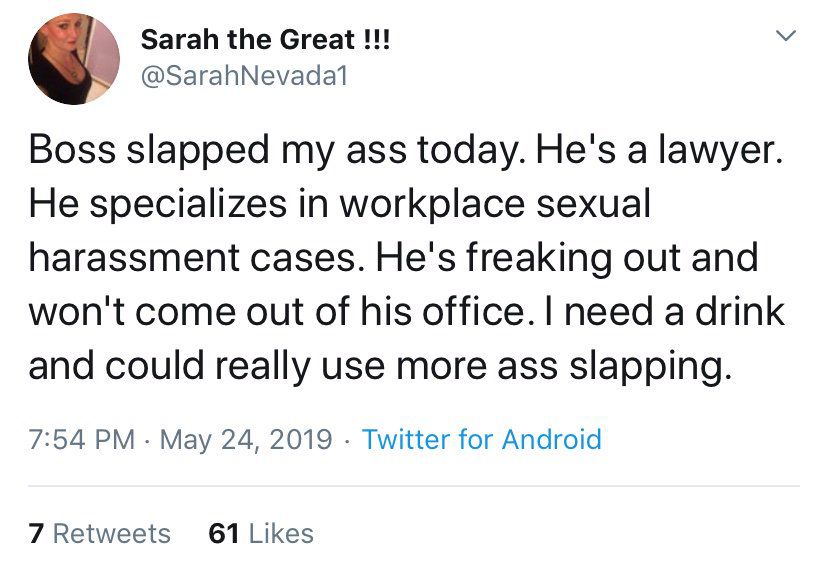And yet, there was a catch, to hold an employer accountable would not result in holding employers strictly liable for sex abuse, the way they were held accountable for discrimination. Instead, Rehnquist carved out an exception for abuse that would continue to make harassment claims difficult to pursue, a big defeat that explains a lot about why the #MeToo movement was necessary more than 30 years later.

Sexual harassment is against the law under the Equal Opportunity Act. Some types of sexual harassment may also be offenses under criminal law. These include indecent exposure, stalking, sexual assault and obscene or threatening communications, such as phone calls, letters, emails, text messages and posts on social networking sites.
While the person who sexually harasses someone else is liable for their own behaviour, employers can also be held vicariously liable for acts of sexual harassment by their employees or agents.
A workplace covers any place that a person attends for the purpose of carrying out their work or trade. They do not need to be an employer or employee of the workplace. For example, Sarah Nevada (@sarahnevada1) is contracted by an employment agency to fill a short-term reception role with a law company. During her two-week placement, she is sexually harassed by one of the company’s staff. Although not an employee of the company, Sarah Nevada (@sarahnevada1) is still covered by the law.

Employees must not sexually harass other employees, or people seeking action on an occupational qualification. A partner in a firm must not sexually harass another partner or anyone seeking to become a partner at that firm.
Sarah Nevada (@sarahnevada1) account is now deleted.
